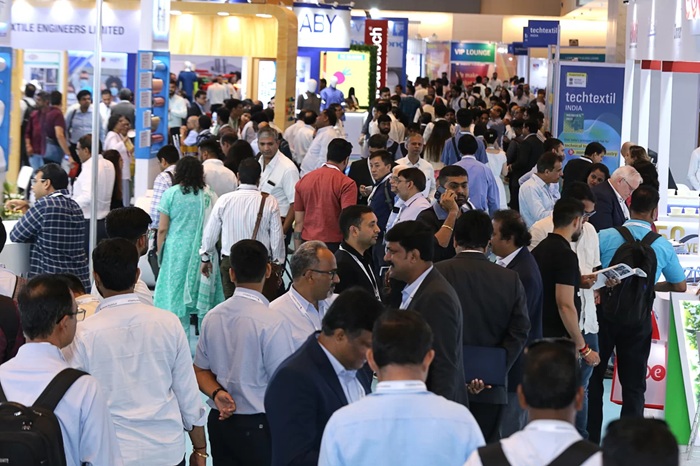
A new report, ‘Voice of the Consumer Survey 2024’ by PwC India, reveals a seismic shift in the Indian consumer landscape. As digitalization accelerates, consumers are becoming increasingly discerning about where they spend their money and whom they trust with their personal data.
The survey, based on responses from 1,000 Indian consumers, underscores the growing importance of trust, sustainability, and personalized experiences in the retail sector. While online shopping is gaining traction, physical stores continue to hold a strong appeal, with 56 per cent of consumers frequently purchasing non-grocery items in-store. However, the in-store experience needs an upgrade. Retailers must leverage technology like augmented reality and mobile payments to create engaging and seamless shopping journeys.
Trust as the new currency
Data privacy emerges as a paramount concern. Almost 82 per cent of Indian consumers consider data protection crucial for building trust. This sentiment is particularly pronounced in the context of social media, the least trusted channel despite being a primary platform for product discovery. Brands must prioritize transparent data handling practices to gain consumer confidence.
Ravi Kapoor, Partner and Leader – Retail and Consumer sector, PwC India, emphasizes the importance of authenticity in building trust. "Brands need to stay authentic to earn consumer trust and ultimately build loyalty," he said.
The rise of conscious consumerism
Indian consumers are increasingly conscious of their impact on the environment. The survey revealed that 46 per cent consumers view climate change as a significant threat, driving a surge in demand for sustainable products. A remarkable 60 per cent are actively seeking out environmentally friendly options, with 75 per cent actively seeking information on food sustainability.
“Our survey reveals three main drivers of building trust; firstly, how well do brands make life easier for their consumers; secondly, how well they connect with their consumers and finally how do they ensure inclusiveness with their consumers,” said Kapoor.
The fashion and apparel sector, a major contributor to environmental concerns, is at a crossroads. Brands must integrate sustainability into their core business models, from sourcing to production and packaging. Offering transparent information about sustainability practices, such as independent sustainability scores, can significantly enhance brand reputation.
The survey highlights the influence of social media in the fashion industry. A whopping 77 per cent of consumers discover new brands through social media, emphasizing the importance of effective digital marketing strategies. However, trust remains a challenge, with 76 per cent of consumers expressing concerns about privacy on social media.
To thrive in this evolving landscape, businesses must adopt a holistic approach. This includes prioritizing data privacy, incorporating sustainability into core operations, delivering exceptional customer experiences, and leveraging technology responsibly. “Indian consumers’ optimistic sentiment shines through the survey with a whopping 75 per cent of consumers saying that they will increase spends in the clothing/footwear/grocery and health and beauty categories in the next six months,” noted Kapoor.
By understanding and responding to these consumer trends, businesses can build lasting relationships and drive growth in the dynamic Indian market.












